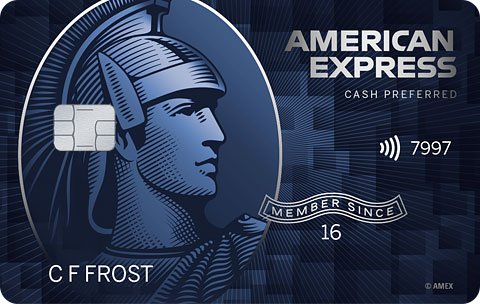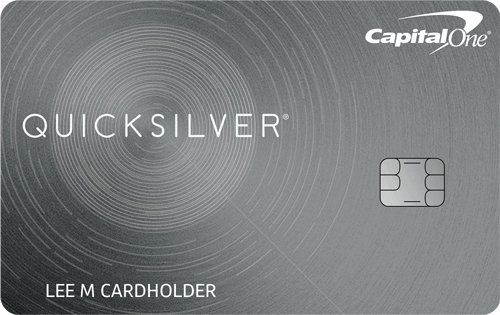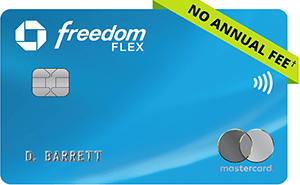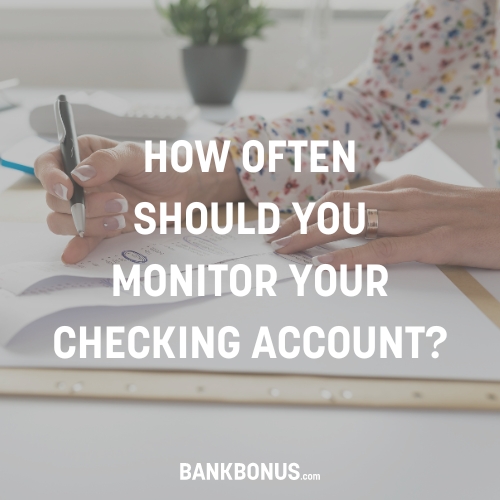When you open a checking account, most banks or credit unions will issue you a linked debit card. Banks like to promote debit cards as a way to avoid spending money you don’t have, but there are better ways to make the most of your purchases.
While debit cards are a convenient way to make transactions, there are risks to using a debit card for all your purchases. In fact, you may be missing out on some exceptional benefits.
Below, we’ll share why using a debit card to pay could be a bad idea and provide you with some better alternatives.
5 Reasons to Stop Paying with a Debit Card
Here are the top five reasons you should stop using debit cards:
1. You’ll miss out on the opportunity to build credit.
Having good credit is one of the most important ways to achieve your financial goals in life, such as buying a house or securing a business loan. Building a credit score should start early so you can qualify for excellent interest rates when it comes time to secure a mortgage, loan, or even move into your first apartment.
To build good credit, you have to practice good credit-building habits. This includes responsibly using lines of credit, like credit cards, responsibly. You can’t do this by shopping with a debit card.
When you make a purchase with a debit card, the money is pulled directly from your bank account. Because the transaction ends there, your bank or debit card issuer has nothing to report back to the credit bureaus. Whether you’re spending your money responsibly or not, you won’t see anything on your credit history.
Credit cards are the best way to build credit with your everyday purchases. Credit cards allow cardholders to spend a set amount of money, known as a line of credit. This line of credit is often more than what an individual may have in their bank account at any given time. If you use a credit card wisely, your credit card issuer will report this to the credit bureaus, and your credit score will improve.
On-time payments and low credit utilization are two significant factors that contribute to your credit score. If you don’t spend too much of your available credit and make on-time payments, a credit card can be an invaluable tool to build your credit.
2. You can’t take advantage of rewards or points.
Some debit cards offer rewards, but they often pale compared to the intro offers and perks you can get by using a rewards credit card.
Credit card companies want to incentivize people to use their credit cards. Between annual fees and interchange rates, credit card companies can earn much more from credit cards than debit cards. This is why many financial institutions want to encourage people to use their credit cards through methods like credit card offers and rewards systems.
The best credit cards offer cash back as high as 5% or travel points to help you score free flights and hotels. Debit card transactions simply don’t earn enough in interchange fees for banks to justify giving them the same level of perks.
The only disclaimer is that the best rewards credit cards often also have hefty annual fees. However, if you’re using your card often enough, you will likely earn enough reward points that it outweigh the cost of the annual fee.
3. You can put yourself at risk for fraud.
In a world of fraudsters and online hackers, it isn’t uncommon for unauthorized transactions to crop up occasionally. In cases of fraud, using a debit card could leave you without certain protections – and may even leave you without cash for significant periods of time.
You are protected under federal legislation from the amount of money you’re liable to lose with a debit or credit card. However, the law treats debit card and credit card transactions differently, and you may find that failing to report debit card fraud properly can cost you.
Credit card transactions are protected under the Fair Credit Billing Act. This act limits your liability for unauthorized transactions made with your physical card to $50. If someone manages to steal your credit card number and makes purchases with that, you are not at all liable for those costs.
Many credit card issuers go a step further with fraud protection than what the Fair Credit Billing Act requires. Credit card companies like Visa, Discover, and Mastercard have $0 liability policies to protect you from any losses in case of identity theft or credit card fraud.
Debit card fraud is treated much differently than credit card fraud under federal law. The Electronic Fund Transfer Act protects debit card fraud, but the stipulations of this act can make fraud a much more costly incident.
If you catch and report debit card fraud within two business days- whether it’s unauthorized charges made with your debit card number or physical card – your liability is limited to $50. However, if you fail to report transactions after the two-day period, your liability jumps to $500. This means you have to constantly monitor your statements to save yourself an expensive and frustrating experience.
4. You won’t get the same purchase or price protections.
When you shop with a debit card, you can’t take advantage of certain protections that are included with most major credit cards. These protections include the following:
- Purchase protection: you can file a claim to receive a replacement, repair or reimbursement for any stolen or damaged items.
- Price protection: you can be refunded the difference if an item’s price drops within a specific window after you buy it.
- Return protection: you can have an extended time to receive a refund for a purchase return.
- Extended warranties: you can have an extended warranty for eligible items, sometimes as long as several years.
5. You won’t get any help in a financial emergency.
Emergency expenses happen from time to time. With a debit card, you may not be able to float the cost with your checking account balance alone. In fact, you may even risk overdraft fees if you try to swipe your card to make an emergency payment.
Debit cards don’t offer any lines of credit you can tap into when facing an unexpected expense. This means they are of little to no help when you need to make an emergency payment.
On the other hand, credit cards allow you to use your line of credit when you have an emergency or a disruption to your income. It’s advised not to spend more than you can afford to pay off each month. But if you practice good credit habits in good times, you can have credit to fall back on when disaster strikes. You don’t have that option with a debit card.
Should You Use a Debit Card or Credit Card?
Deciding whether to use a credit card or debit card is common in the world of personal finance. While many people tout debit cards as a way to avoid spending more money than they have, they also have significant risks and drawbacks that make them less attractive to financially savvy individuals.
Alternate forms of payment, such as credit cards or digital wallets, can offer more protection, better benefits, and significant credit-building opportunities. A debit card may seem like a sound financial tool today, but there are better ways to pay to improve your finances down the road.








Comments are closed.
Comments are closed here.